Products such as smart speakers are popular abroad, but they are tepid in the Chinese market. A blog post by the market research agency Counterpoint analyzed the current changes and situation in the Chinese smart speaker market. Sina Digital compiled and organized this article for everyone to read. The following is the full text of the article:
Since Amazon launched Echo in 2014, smart speakers have gradually become consumers' favorite products. With the maturity of artificial intelligence and voice recognition technology, the functions and uses of smart speakers are more diversified. We expect smart speakers to be more intelligent and play a greater role in people's daily lives.
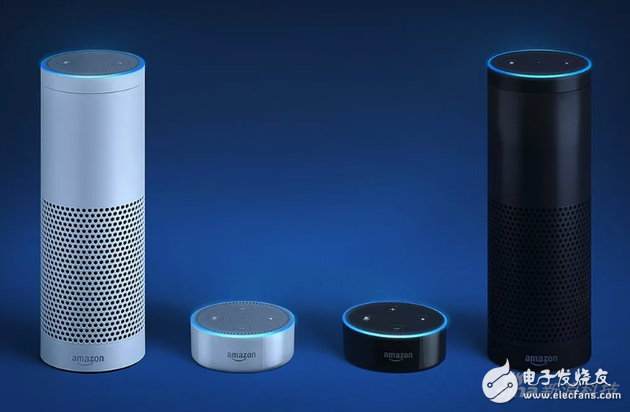
Products such as smart speakers first appeared in the United States. It is estimated that the current utilization rate of smart speakers in the United States is close to 20%. Nevertheless, in other parts of the world, the use of smart speakers is very low. We believe that American consumers' acceptance of smart homes is greater, thus laying a good foundation for the popularization of smart speakers.
In the past few years, the growth of the Chinese smart speaker market has been stagnant. However, we believe that the door of the Chinese smart speaker market will open in 2018.
Why is the Chinese smart speaker market lagging behind?
We believe that the reasons for the slow development of smart speakers in China are as follows:
First of all, some voice assistants have language restrictions and can only choose a limited number of languages. For example, the popular Amazon Echo and Google Home smart speakers in the US market cannot be extended to the Chinese market.
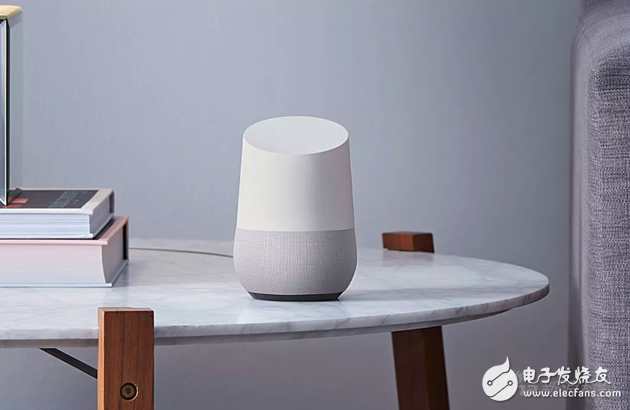
Secondly, one of the key functions of the smart speaker is to serve as the entrance to the smart home and control other smart homes in the home. China's smart home market has only recently started to grow, and the high price of smart homes is one of the obstacles to its popularity.
Third, before manufacturers such as Xiaomi and Tmall launched low-cost smart speakers, for consumers who do not believe in the benefits of smart speakers, the price of smart speakers is too high.
What is the driving force behind the growth of the smart speaker market?
Since the second half of 2017, large technology companies such as Tmall, Xiaomi, Tencent, Baidu, and Lenovo have launched smart speaker products, which have become an important factor driving the growth of China's smart speaker market. In the first three quarters of 2017, China ’s shipments of smart speakers were also 10 million units, and in the promotional event held by Double Eleven Day Cat, the original price of Tmall Genie X1 at 499 yuan was 99 yuan, which caused Product sales soared, with 1 million units sold in just one day. Similarly, Xiaomi's entry-level smart speaker Xiao Ai speaker mini, which was released in March 2018, also pre-sold 1 million units in two hours.
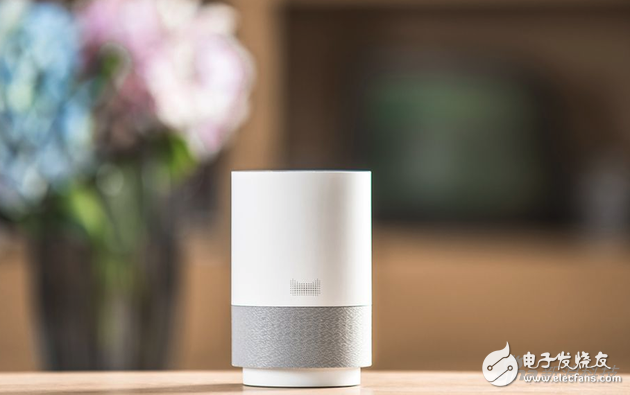
These large Internet technology companies have unique advantages in technology, distribution and marketing. More importantly, they have the financial resources to provide subsidies to most consumers, thereby promoting the popularity of products in use.
Low price is one of the key factors driving the development of smart speakers, especially in the price-sensitive Chinese market. Although the current voice assistant is slightly insufficient in function, it is undeniable that the low price strategy adopted by these companies has provided consumers with the possibility to try such products and laid the foundation for seizing the initial market share.
The current situation of various smart speakers
JD.com is one of the first companies to enter the smart speaker market among large Chinese companies, and launched its first product, Dingdong Smart Speaker, in 2015. Similar to Amazon, JD intends to integrate its e-commerce services into smart speakers and collect user data. For a period of time, Jingdong smart speakers accounted for almost two-thirds of China's smart speaker market.
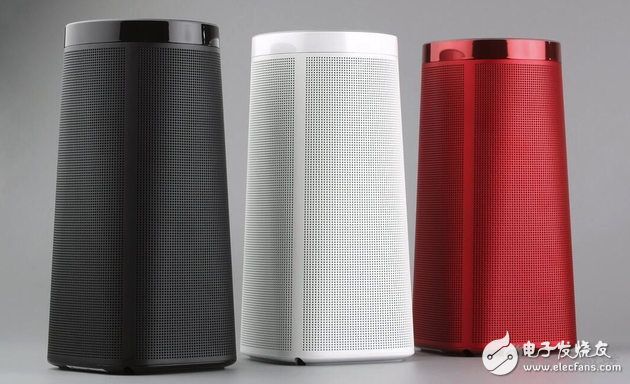
However, with the addition of Tmall and Xiaomi, JD's advantage gradually weakened. By the first quarter of 2018, Tmall and Xiaomi had ranked the top two in terms of smart speaker shipments, and JD.com fell to third. Tmall has a huge advantage in its huge distribution channel network; Xiaomi has an advantage in the ecology of Internet of Things products (or smart homes), which lays the foundation for users with Mijia products to buy Xiaomi smart speakers. In addition, Xiaomi has built a Xiaoai voice assistant in all of its mobile phones, which can help Xiaomi better understand users and provide a better user experience.
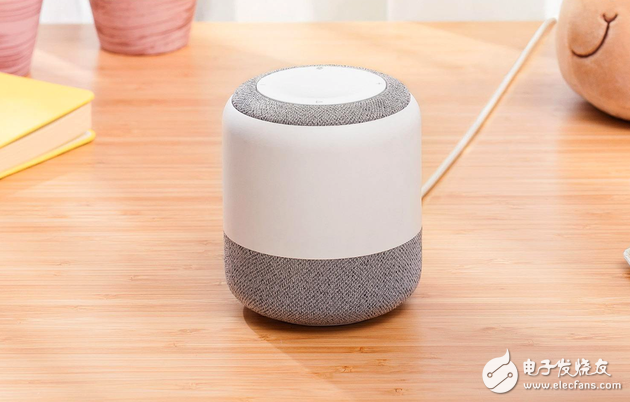
For another giant company Baidu, although it has an advantage in artificial intelligence, it has been in a state of fierce competition. In November 2017, Baidu launched the Raven H smart speaker, but it did not perform well because of the price. In March of this year, Baidu launched the Xiaoyu VS1 smart speaker with a screen at home; before the 618 e-commerce festival, it also launched a small smart speaker with an early price of 89 yuan. These products are likely to change the current market situation. With its expertise in artificial intelligence and search, Baidu smart speakers are expected to become front row competitors in 2018.
China leading manufacturers and suppliers of DC Support Capacitors,DC Capacitor, and we are specialize in Electrolytic capacitor,High Voltage Capacitor, etc.DCMJ DC Support Capacitors
DCMJ DC Support Capacitors,Capacitors High Voltage,Dc-link Filter Capacitor,Dc Film Capacitors
YANGZHOU POSITIONING TECH CO., LTD. , https://www.cnpositioning.com
